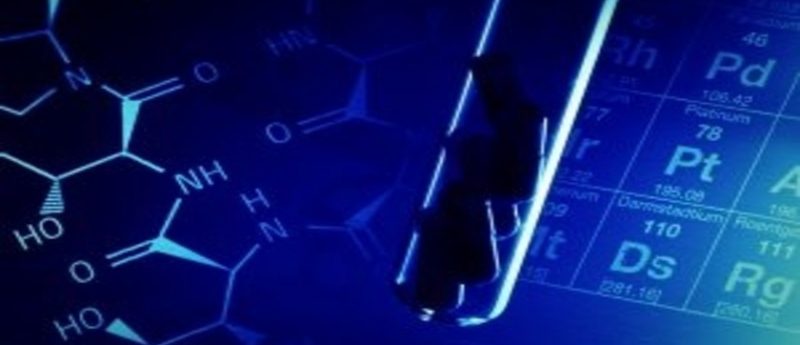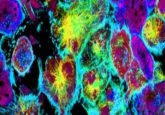Are FLT3 inhibitors likely to improve FLT3-mutated acute myeloid leukemia in the foreseeable future?

Activating FLT3 mutations are one of the most frequently affected genetic abnormalities in acute myeloid leukemia (AML) and are present in about 30–40% of newly diagnosed patients [1]. As a member of the type III receptor tyrosine kinase subfamily, including c-KIT, c-FMS and PDGFR-α/β, it is involved in proliferation and differentiation of myeloid progenitor cells [2]. In cytogenetically normal AML, internal tandem duplications of the FLT3 gene (FLT3-ITDs) are associated with an unfavorable prognosis due to a high relapse rate, whereas the prognostic impact of point mutations within the tyrosine kinase domain (FLT3-TKDs) remains controversial [3]. Nevertheless, FLT3-TKDs can occur after treatment with certain FLT3 tyrosine kinase inhibitors (TKIs) as a mechanism of resistance, thus implicating an adverse prognosis [4].
Click here to read the full article from our partnered journal the International Journal of Hematologic Oncology.





